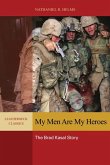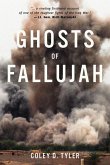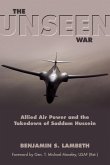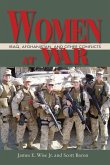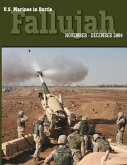The U.S. Marine Corps' four-year campaign against al Qaeda in Anbar is a fight certain to take its place next to such legendary clashes as Belleau Wood, Guadalcanal, Peleliu, Iwo Jima, Okinawa, Chosin, and Khe Sanh. Its success, the author contends, constituted a major turning point in the Iraq War and helped alter the course of events and set the stage for the Surge in Baghdad a year later. This book brings to light all the decisive details of how the Marines, between 2004 and 2008, adapted and improvised as they applied the hard lessons of past mistakes. In March 2004, when part of the 1st Marine Expeditionary Force (I MEF) was deployed to Anbar Province in the heart of the Sunni triangle, the Marines quickly found themselves locked in a bloody test of wills with al Qaeda, and a burgeoning violent insurgency. By the spring of 2006, according to all accounts, enemy violence was skyrocketing, while predictions for any U.S. success were plummeting. But at that same time new counterinsurgency initiatives were put in place when I MEF returned for its second tour in Anbar, and the Marines began to gain control. By September 2008 the fight was over. Richard Shultz, a well-known author and international security studies expert, has thoroughly researched this subject. His book effectively argues the case for the Marines changing the course of the war at Anbar, which is contrary to the conventional wisdom that the Surge was the turning point.
Hinweis: Dieser Artikel kann nur an eine deutsche Lieferadresse ausgeliefert werden.
Hinweis: Dieser Artikel kann nur an eine deutsche Lieferadresse ausgeliefert werden.


